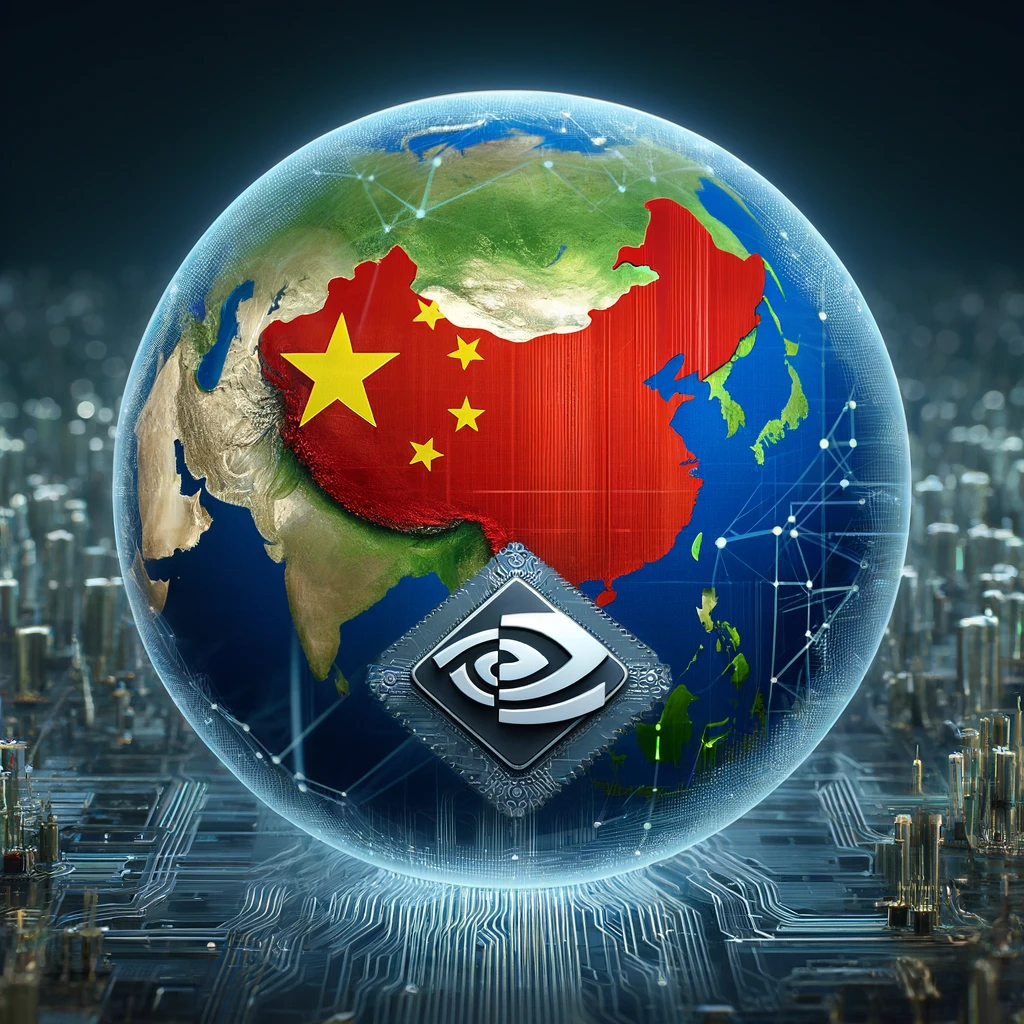China Secures Banned NVIDIA Chips in Dell, Super Micro Servers
1
0

The recent events surrounding NVIDIA artificial intelligence chips in China have sparked both intrigue and concern, illustrating the complexities of international tech trade in the face of stringent U.S. sanctions.
How China Accesses NVIDIA Chips
Despite the U.S. expanding its restrictions to curb the flow of high-tech AI chips to China, Chinese institutions have continued acquiring NVIDIA’s top-tier AI chips. This was achieved through indirect acquisitions via resellers, skirting around the direct prohibition. These transactions, involving entities tied to the Chinese government, underscore the persistent demand and strategic maneuvers to secure advanced technology despite geopolitical tensions.
Impact on U.S. Trade Regulations
The U.S. government imposed these restrictions citing security concerns, particularly the potential military applications of AI technologies. However, the effectiveness of these sanctions is debatable, as Chinese entities still manage to equip themselves with these advanced chips. This situation raises questions about the enforcement and reach of U.S. export controls, especially when third-party resellers are involved.
NVIDIA Stance and Compliance
NVIDIA has responded to the situation by affirming compliance with U.S. laws, stressing that their partnerships and sales practices adhere strictly to the imposed regulations. The company maintains that the transactions in question involved products sold before the latest restrictions took effect, suggesting a loophole in the timing of stockpiling by resellers.
China’s Local Advancements in AI
In response to the U.S. restrictions, there’s a growing trend among Chinese tech giants and AI developers to develop indigenous AI solutions. This shift could potentially reduce dependency on foreign technology like NVIDIA’s, fostering a self-reliant tech ecosystem in China. However, it is unclear if these local developments will match the performance and efficiency of NVIDIA’s chips.
Future Implications for Global Tech
China continues to acquire NVIDIA AI chips despite U.S. bans. This underscores the high stakes in the global tech race. Furthermore, this scenario impacts U.S.-China relations significantly. Additionally, it establishes a precedent for trading, regulating, and using advanced technologies globally. The outcome of these tensions could influence global tech policies and the strategic decisions of multinational corporations like NVIDIA.
In conclusion, while NVIDIA and other tech firms navigate these complex regulatory environments, the broader implications for global tech dynamics and geopolitical strategies continue to evolve. As the situation develops, it will be crucial to monitor how these challenges affect innovation and international cooperation in technology.
1
0







